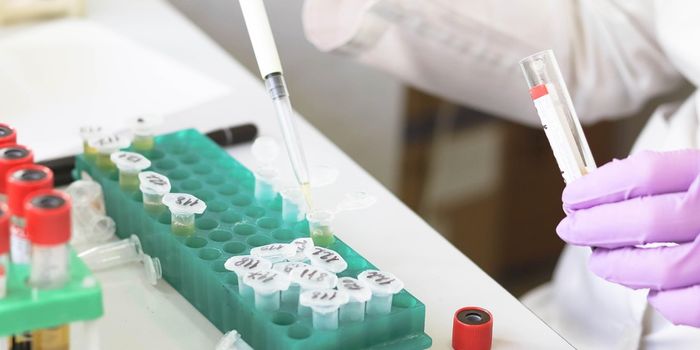An 8 Minute DNA Test For Salmonella
Australian researchers have created a sensitive, super-fast test for five different serotypes of Salmonella which could dramatically reduce incidences of food poisoning in public health settings. As reported in the Journal of Molecular Diagnostics, the scientists observed that their newly-developed assay was extremely sensitive, capable of detecting trace amounts of bacterial DNA in as little as eight minutes.
The research team believes that this new test is a significant step up from labour-intensive, expensive and time-consuming conventional bacterial culture methods — drastically simplifying food safety testing and the tracking of Salmonella-induced outbreaks in the community.
Salmonellosis, a disease caused by Salmonella infection, typically causes symptoms between 12 and 36 hours after consuming contaminated food. Diarrhea, fever, abdominal cramps, and vomiting often follow as bacteria quickly multiplies in the small intestine, triggering a massive inflammatory response. In the United States, over 1.3 million cases of Salmonellosis are reported annually, leading to over 26,000 hospitalizations and 420 deaths, according to the Centers for Disease Control and Prevention (CDC). Poor kitchen hygiene and contamination of food such as raw or undercooked meat, eggs and poultry are the most common causes of Salmonella outbreaks.
Ruiting Lan from the University of New South Wales, who led the research team said, "Salmonella in a clinical or food sample may be present in very small amounts and thus requires very sensitive methods to detect them. Multiple cross-displacement amplification (MCDA) is a method that can detect very small amounts of DNA rapidly and is also performed at a single constant temperature, in contrast to the cycling of temperatures required in other methods such as PCR. This makes it a good fit for a simple, rapid, and sensitive bacterial detection test."
The study authors chose five of the most common Salmonella strains in Australia, which are responsible for over 85 percent of infections among Australians. According to the team, these results can be extrapolated to strains that are prevalent in other parts of the world as well. The team plans to continue to validate their test in health, environment and food industry settings.
Sources: EurekAlert, Journal of Molecular Diagnostics.









